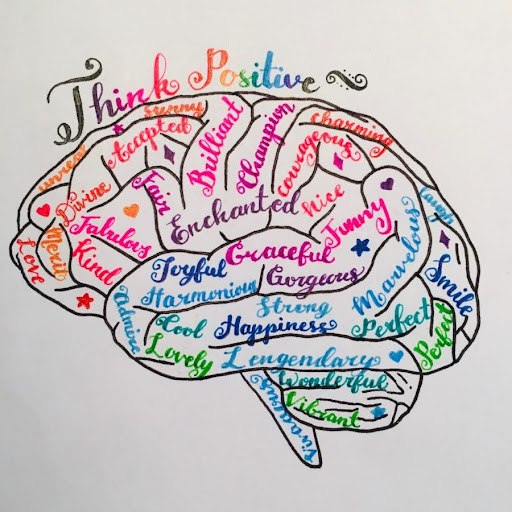In a world often marked by challenges, the profound impact of positive thinking on mental well-being cannot be overstated. As Norman Vincent Peale wisely remarked, “Your mind is a powerful thing. When you fill it with positive thoughts, your life will start to change.” This article embarks on a journey to explore the psychological benefits of maintaining a positive mindset and offers practical tips for cultivating optimism. Along the way, reflect on the insightful quotes and pose questions that prompt introspection.
*The Biology of Positivity:*
Positive thinking is not merely a psychological phenomenon; it’s a biological one. “Positive thoughts release powerful endorphins that have the ability to heal the body. It’s not just a psychological phenomenon; it’s a biological one,” notes an insightful perspective. While considering the link between positive thinking and biological responses, reflect on how the human body responds to positive thoughts. How does a surge of optimism affect a person’s physical well-being?
*Cognitive Restructuring:*
Norman Vincent Peale’s words ring true: “Change your thoughts, and you change your world.” Here, delving into the concept of cognitive restructuring, the art of reshaping thought patterns emerges. What negative thought often occupies an individual’s mind, and how might he or she reframe it in a positive light? By acknowledging and challenging negative thoughts, humans open the door to a world of possibilities and personal growth.
*The Role of Gratitude:*
Melody Beattie beautifully captures the essence of gratitude: “Gratitude makes sense of our past, brings peace for today, and creates a vision for tomorrow.” Exploring the impact of gratitude on positivity, urging readers to embark on a daily gratitude practice, is essential. A person should consider three things he or she is grateful for each day – how does this practice shift one’s perspective over time?
*Positive Thinking in Action:*
Zig Ziglar reminds all that “Positive thinking will let you do everything better than negative thinking will.” The article provides practical tips for integrating positive thinking into daily life. What positive intention can each set for today, and how does it influence his or her experiences and interactions?
*Overcoming Negativity Bias:*
Franklin D. Roosevelt once said, “The only limit to our realization of tomorrow will be our doubts of today.” Discuss strategies for overcoming negativity bias, a common obstacle to positive thinking. Each should identify a negative belief he or she holds about him or herself– how might one challenge and reshape this belief to foster a more positive mindset?
*The Ripple Effect:*
Doe Zantamata succinctly captures the ripple effect of human energy: “Your energy introduces you before you even speak.” Explore how a positive mindset can create a ripple effect in various life domains. Reflect on instances where positivity has influenced those others–how does personal energy shape interactions and relationships?
As each navigates the intricate landscape of positive thinking, remember that it’s not just a concept but a way of life. With the wisdom of insightful quotes–and the introspection prompted by thoughtful questions–each and every person can embark on a journey towards a more positive and fulfilling existence. Embrace the power of positivity…for as minds are filled with optimistic thoughts, lives truly start to change.




















